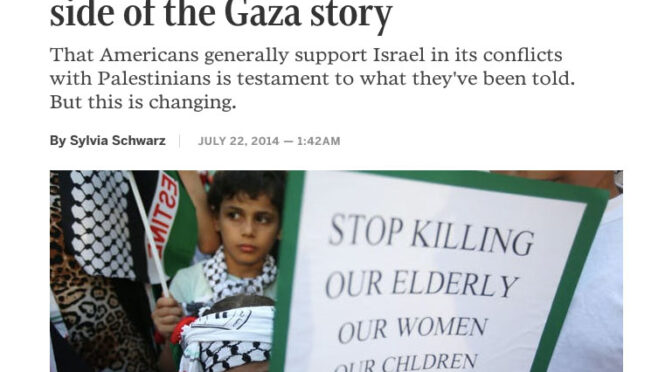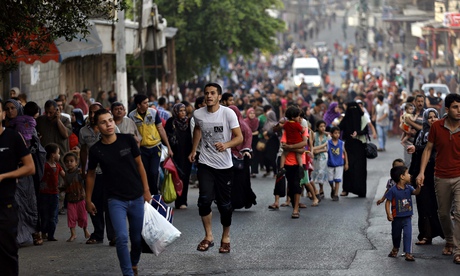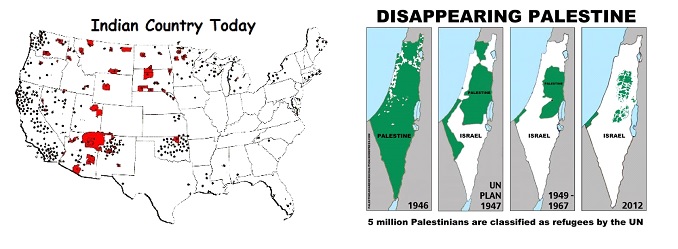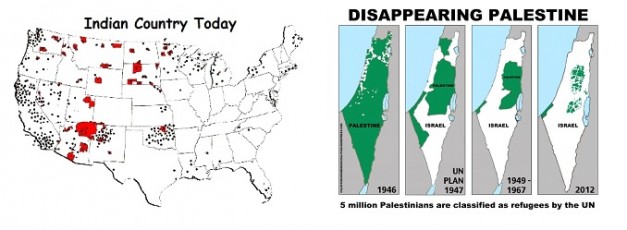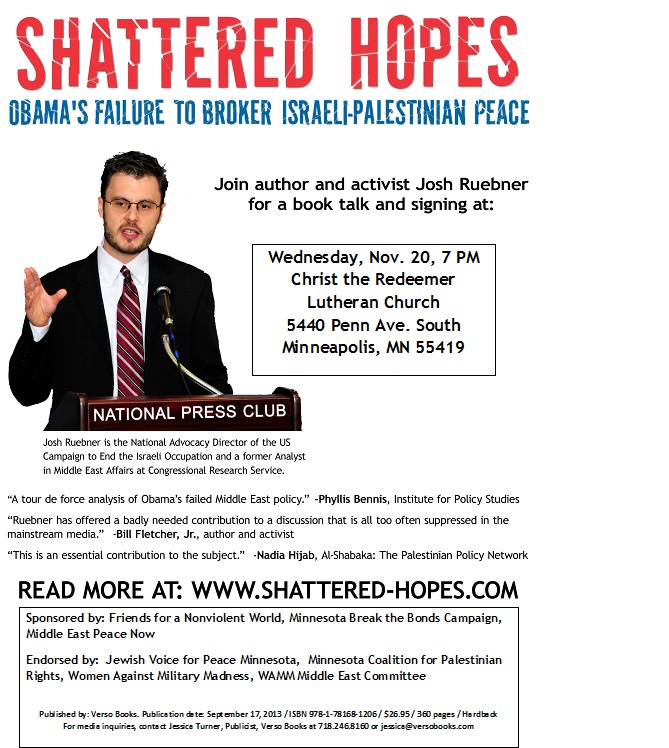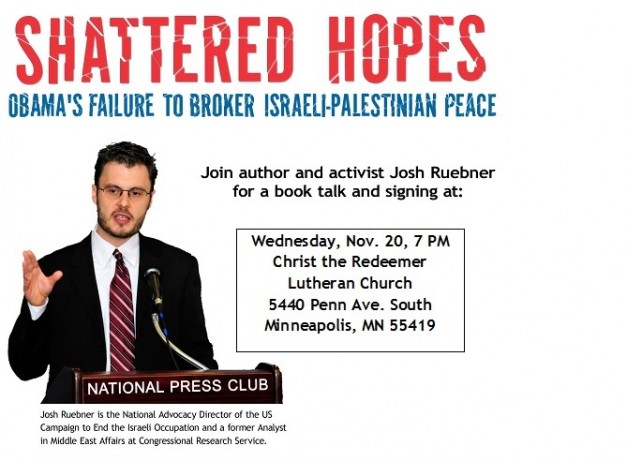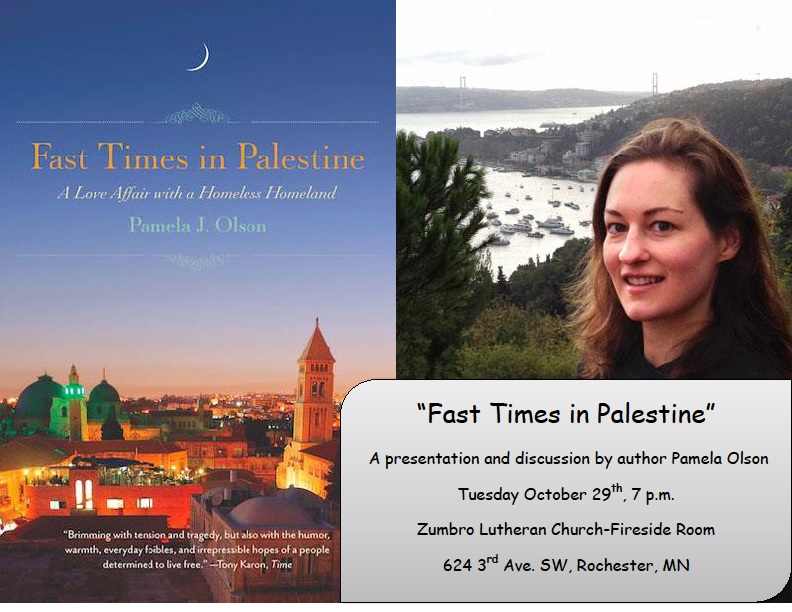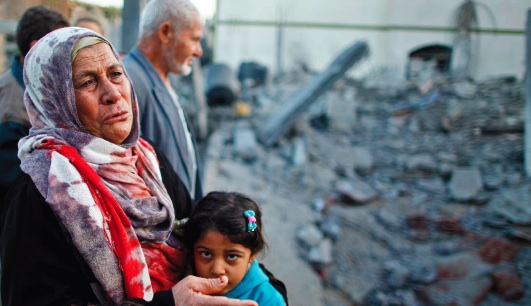Palestinian government condemns attack on Shujai’iya district as ‘war crime’ as Israel announces deaths of 13 soldiersPalestinian government condemns attack on Shujai’iya district as ‘war crime’ as Israel announces deaths of 13 soldiers
The fiercest fighting of the 13-day war in Gaza erupted on Sunday as Israel dramatically widened its ground offensive, sending tanks and troops into urban areas and causing thousands of panicked civilians to flee.
The Palestinian government has described the attack on Gaza’s Shujai’iya neighbourhood, in which at least 60 people were killed, as a “war crime” which required immediate international intervention.
It came as the Israeli military announced that 13 soldiers had been killed in an attack by Palestinian militants in Gaza. No more details were immediately available.
A statement from the Palestinian government said it “condemned in the strongest terms the heinous massacre committed by the Israeli occupation forces against innocent Palestinian civilians in the neighbourhood of Shujai’iya”.
The office of Palestinian president Mahmoud Abbas issued a similar statement condemning the “massacre”.
Images of the corpses of women and children lying in streets were posted on Facebook as hospitals were overwhelmed with the dead, injured and those seeking sanctuary from the onslaught.
Palestinian human rights organisations also warned that the disproportionate number of civilian deaths could constitute a war crime committed by Israel.
Despite Israel saying it had agreed to a two-hour ceasefire in the middle of the day, requested by the Red Cross to allow for the injured and dead to be evacuated, shelling and gunfire continued. Israel blamed continued Hamas rocket fire for the breakdown of the humanitarian truce.
All morning, terrified people ran from their homes, some barefoot and nearly all empty-handed. Others crowded on the backs of trucks or rode on the bonnets of cars in a desperate attempt to flee. Sky News reported that some had described a “massacre” in Shujai’iya. Witnesses reported hearing small arms fire inside Gaza, suggesting gun battles on the streets. Heavy shelling continued from the air and sea.
Bodies were pulled from rubble amid massive destruction of buildings in the neighbourhood. Masked gunmen were on the streets.
Late on Saturday evening, Israeli forces had hit eastern areas of Gaza City with the heaviest bombardment yet of the 13-day war. The assault was most intense in the direction of Shujai’iya, where an orange glow of flames lit up the sky. At one stage, artillery and mortar rounds were hitting the outskirts of the city every five seconds. Later in the night jets flew low passes over the coast.
The Guardian saw families squeezing into the back of what few vehicles were available as streets further east were pounded by artillery fire.
Columns of people, many of them too scared, angry and shocked to speak, approached down the main road to the east and from side streets, even as small arms fire was audible in the distance.
One of those fleeing was Sabreen Hattad, 34, with her three children. “The Israeli shells were hitting the house. We stayed the night because we were so scared but about six in the morning we decided to escape,” she said.
“But where are we supposed to go? The ambulances could not enter and so we ran under shell fire.”
Three other men pass by in a hurry clutching bedding in their arms. Asked what they had seen they would only answer: “Death and horror.”
Many of those escaping Shujai’iya made for Gaza’s central Shifa hospital, which was engulfed by chaotic scenes and ambulances ferrying the dead came in a steady steam – among them a local TV cameraman, Khaled Hamad, killed during the overnight offensive, wheeled out wrapped in a bloody plastic shroud.
Those who had fled congregated in corridors, on stairs and in the hospital car park. Staff put mattresses on floors to accommodate the injured, while some patients were being evacuated.
Aish Ijla, 38, whose leg was broken by shrapnel, said: “We live very close to the border. When the shells started we couldn’t leave the house. It is two storeys. The shells were hitting the upper floor so we all moved downstairs. There were 30 of us in the house. Then the shrapnel started hitting the door.
“It was quiet for a moment and we decided to run. But as we were on the road a shell landed near me, breaking my leg. I told the family to go on without me and carried on going for a little bit and stopping then going on. Eventually an ambulance reached me after two hours.”
The UN agency for Palestinian refugees, UNRWA, said more than 63,000 people had sought sanctuary in 49 shelters it was providing in Gaza, and it expected the numbers to rise. “The number has tripled in the last three days, reflecting the intensity of the conflict and the inordinate threats the fighting is posing to civilians. We call on all sides to exercise maximum restraint and to adhere to obligations under international law to protect civilians and humanitarian workers,” said spokesman Chris Gunness.
An Israeli air strike on the house of senior Hamas official Khalil al-Hayya killed his son and daughter-in-law and two children, hospital officials said. Near the southern town of Rafah shelling killed four Palestinians, according to officials.
Israel sent more troops into Gaza overnight after demolishing more than a dozen Hamas tunnels and intensifying tank fire on border areas. Israel disclosed that at least four soldiers had been killed in its ground offensive, and that more than two dozen wounded soldiers were evacuated to hospitals. There were unconfirmed reports that Israel suffered significant military casualties in a cross-border attack by Hamas militants on Sunday morning.
Lieutenant Colonel Peter Lerner of the Israel Defence Forces said additional troops had been sent into Gaza on the orders of the government. “Forces have undergone an intensified training and thorough planning period and are prepared and stand ready for the task at hand,” he said.
The Israeli military was setting up a field hospital to treat injured Palestinians at Erez, the northern border crossing between Gaza and Israel.
Since the start of Israel-Hamas fighting almost two weeks ago, 348 Palestinians have been killed and 2,700 wounded in Israeli air and artillery strikes, according to Palestinian health officials. A quarter of the deaths were reported since the start of the ground offensive late Thursday, they said.
Shawan Jabarin, of the Palestinian human rights organisation Al-Haq, warned that Israel could be committing war crimes. “Israel has one of the most technologically advanced armies in the world both in terms of weaponry and intelligence. Yet, throughout this latest escalation of attacks, as with Operation Cast Lead and Operation Pillar of Defence, we see a disproportionate number of civilian deaths and damage to civilian property.”
Jabarin added: “The obligation not to target civilians and civilian infrastructure is absolute and any intentional violation of this obligation amounts to a war crime.”
As fighting raged, the UN secretary general, Ban Ki-moon, headed to Qatar on Sunday as part of renewed ceasefire efforts. He was due to meet Mahmoud Abbas in Doha.
Abbas was also expected to meet Khaled Meshaal, the Hamas leader based in the Qatari capital.
Meanwhile, according to the Egyptian newspaper Ahram, the US secretary of state, John Kerry, was travelling to Cairo to aid the mediation effort.
Hamas last week rejected an Egyptian call to both sides to halt hostilities, insisting on advance guarantees that Israel and Egypt will significantly ease their border blockade of Gaza. Qatar has presented a ceasefire proposal incorporating Hamas’s demands, while Egypt said on Saturday it had no plans to revise its ceasefire proposal.
Israel is opposed to Qatar’s involvement, and insists that Egypt must be a party to any deal. Doha hosts a large number of exiled Islamists from across the Middle East, including Meshaal.
The French foreign minister, Laurent Fabius, who flew to Israel after meetings in Egypt and Jordan, said on Saturday efforts to secure a ceasefire had failed. “Sadly I can say that the call for a ceasefire has not been heard, and on the contrary, there’s a risk of more civilian casualties that worries us,” he said after talks with the Israeli prime minister, Binyamin Netanyahu.
According to the Israeli military, its soldiers have uncovered 34 shafts leading into about a dozen underground tunnels, some as deep as 30 metres. Israel has said demolishing tunnels is the principal goal of its ground operation and it has released footage showing tunnels being demolished by excavators and air strikes.
The IDF reported there were three cross-border incidents on Saturday. The most serious involved 12 Palestinian militants disguised in Israeli uniforms, who emerged from a tunnel in Israel to fire an anti-tank missile at Israeli troops, killing two and injuring several others.
They were “aiming to carry out a lethal attack” on a nearby Israeli community, the IDF said. The dead soldiers were named as Bar Rahav, 21, and Benayahu Rubel, 20.
At least one Palestinian was killed in the clash. Hamas said its fighters took some of the soldiers’ weapons back to their hideouts.
In other confrontations, Palestinian gunmen emerged from tunnels and exchanged gunfire with Israeli soldiers. Two of the militants were killed, and another died when the explosive vest he was wearing detonated, the military said.
In one incident, Hamas fighters carried tranquilisers and handcuffs, indicating they “intended to abduct Israelis”, according to the military.
As the offensive intensified, electricity and water supplies in Gaza were increasingly disrupted.
The Gaza City municipality said a main water line was damaged, leaving parts of the city without water. Gaza has suffered from rolling blackouts for years, but periods without electricity have increased to up to 20 hours at a day.



